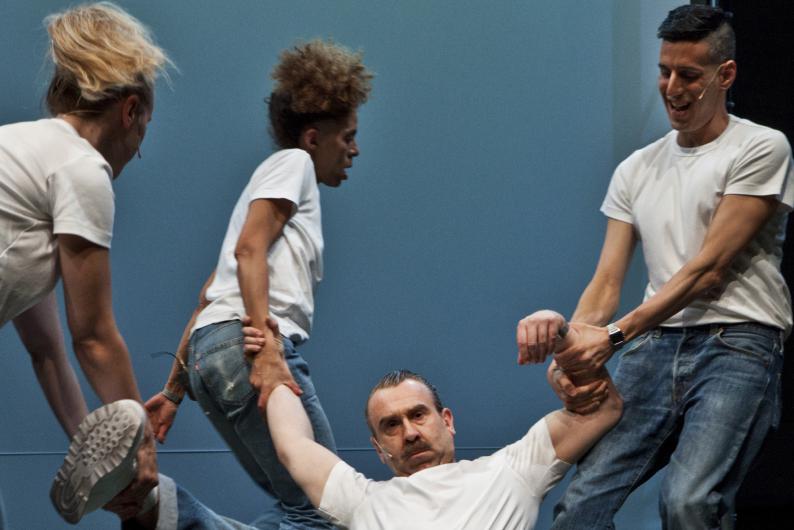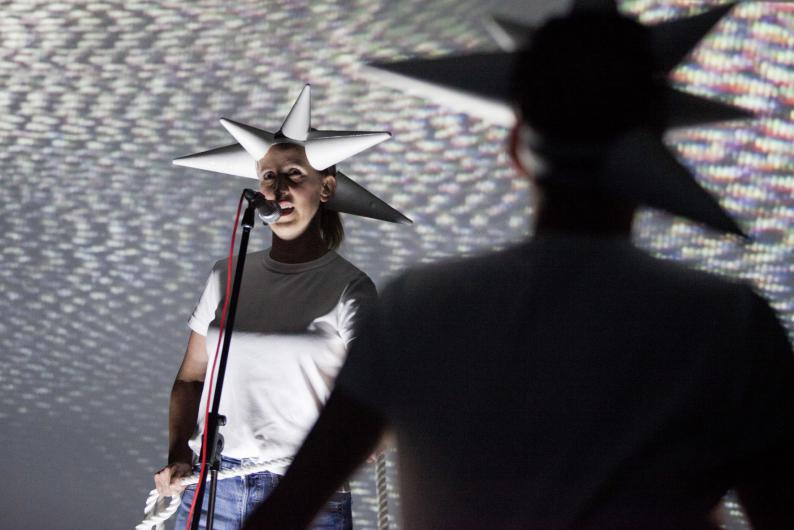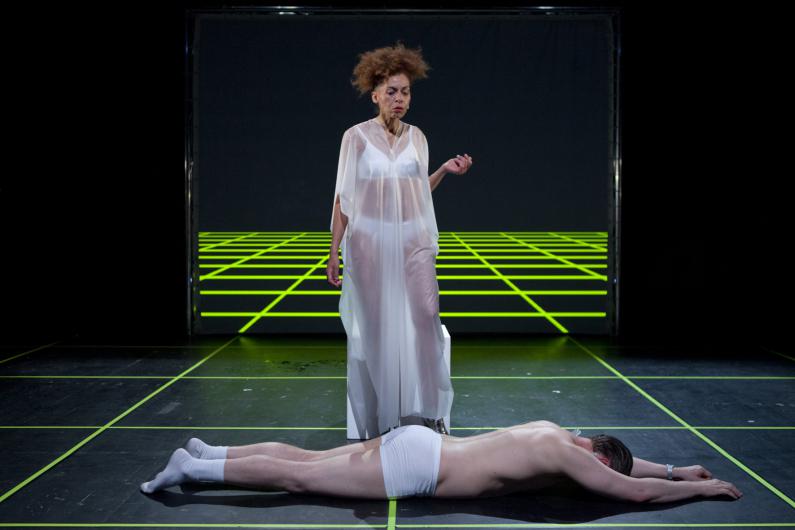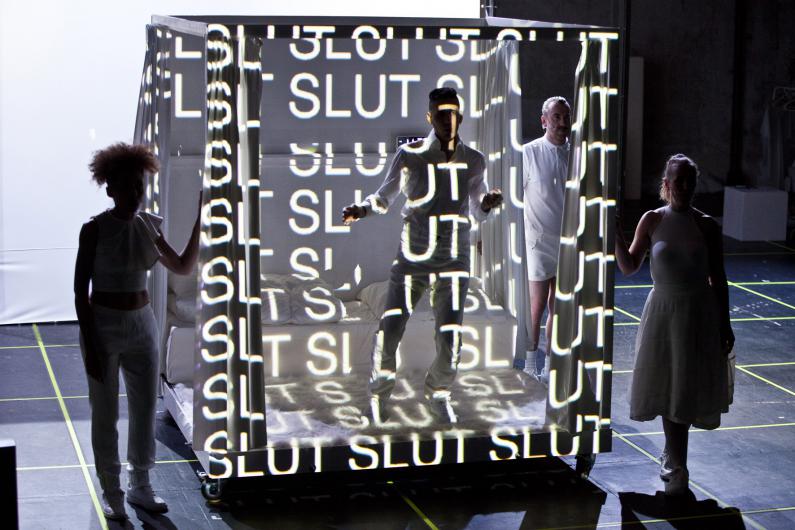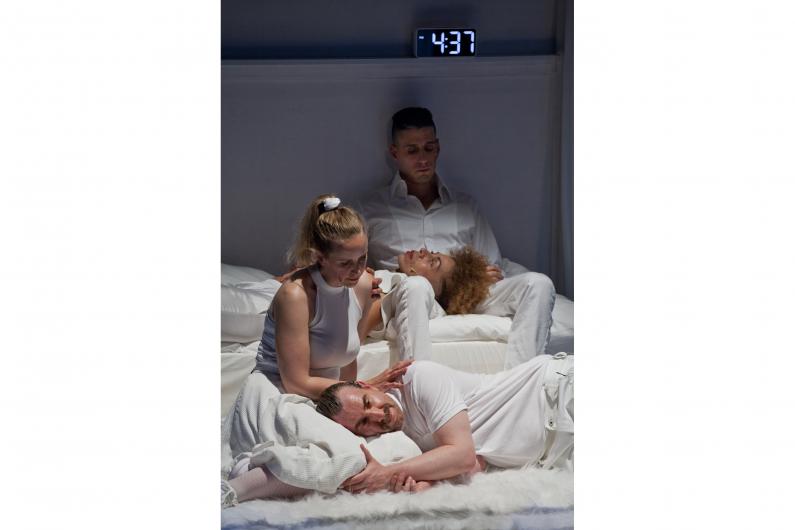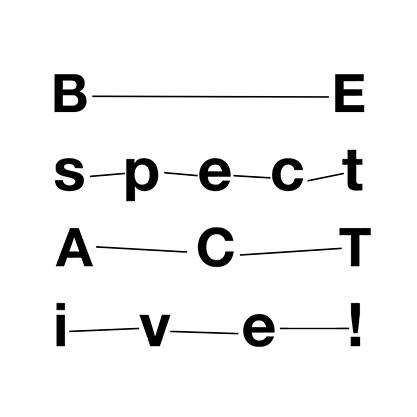Johannes Müller/ Philine Rinnert+ Genoël von Lilienstern – Aids Follies
Dear artists behind “Aids Follies”,
I once read that at some point, Michel Foucault had wanted to write a book called “The Lives of Infamous Men” to which only the foreword exists. It would have been a collection of historical documents – stories – which all have in common that the only reason we know of them is that their subjects have willingly or unwillingly clashed with the ruling powers. Such stories can be found in police records or clinical case reports – after all, it’s often those in power who decide what we regard as ‘health’ and ‘sickness’. And even though it would be cynical to muse about in how far ‘sickness’ is a social construct when talking about Aids, I’m thinking about the Infamous Men right now. Because if my idea of Foucault’s book is correct, “Aids Follies” is the story of such a man, or of his creation as one.
The memory of the Infamous Men, according to Foucault, is preserved only through the very words that have been used to take away their dignity. We cannot know who they were, we can only know the aspects of their lives that have been regarded as sick, dangerous, and immoral. The existence of the Infamous Men as such is proof that history is written from the point of view of the powerful.
Your performance tonight about Gaëtan Dugas, made out to be the Patient Zero, has been a reminder that it is extremely important to question the way in which people are spoken about in the dominant discourse – that it is important to spread oppositional knowledge when someone is being turned into a myth and dehumanized in the way Gaëtan Dugas is –, and a reflection on the fact that we still cannot know who he was and that it would be misguided to try and ‘give him a voice’. Throughout the evening, you have described Gaëtan Dugas in many different ways – from the truly violent language of the newspaper headlines to the pieces of oral history that Hauke Heumann has cited quite beautifully. In a show about himself, Dugas has remained elusive. And while you have given him the freedom of not being defined, the moment when he appeared as the last image in your performance – in a photograph, smiling – has felt like a friendly greeting to this complete stranger. Someone towards whom we could feel a sense of connection during that last brief moment of your show.
Thank you very much,
Victor
Victor Schlothauer is a student of Comparative Literature and Theatre, Film and Media Studies at the University of Vienna. He takes a special interest in the critique and the ethics of language.
Events
Johannes Müller / Philine Rinnert + Genoël von Lilienstern
Aids Follies
brut all over Vienna
brut nordwest
barrierefrei
Nordwestbahnstraße 8-10, 1200 Wien
U-Bahn: U1, U2 (Praterstern), U4 (Friedensbrücke), U6 (Dresdnerstraße) Tram: 5 (Nordwestbahnstraße) Bus: 5A (Wasnergasse)
barrierefrei
studio brut
nicht barrierefrei
Zieglergasse 25, 1070 Wien
U-Bahn: U3 (Zieglergasse), Tram: 49 (Westbahnstraße / Zieglergasse)
nicht barrierefrei
